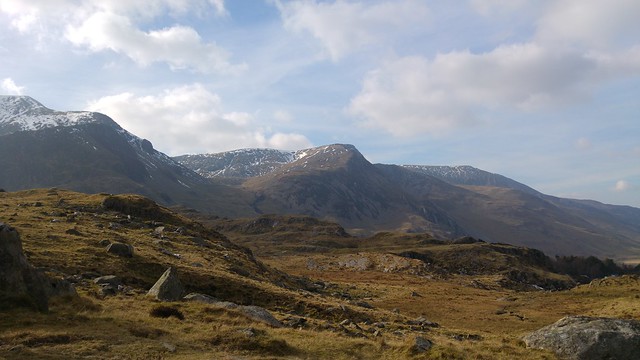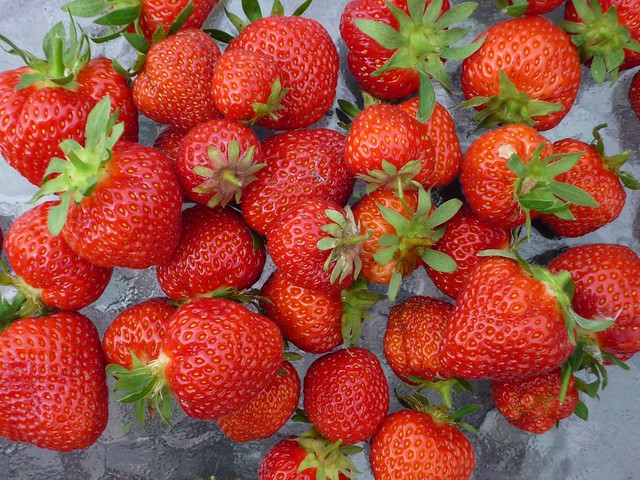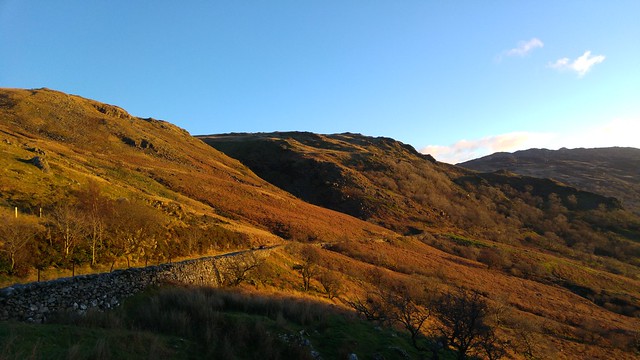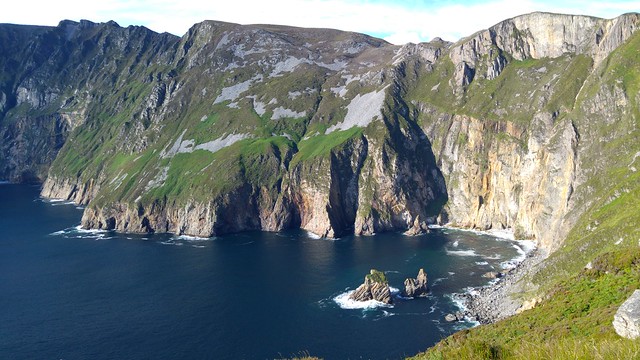Words for battle and related things in Celtic languages.
Words marked with a * are reconstructions.
| Proto-Celtic | *katus = battle *Katutigernos = “battle lord/master” (male name) *Katuwelnāmnos = “battle ruler” (male name) |
|---|---|
| Gaulish | catu, katu = battle Katutigernos (male name) |
| Primitive Irish | ᚉᚐᚈᚈᚒ (cattu) = battle |
| Old Irish (Goídelc) | cath [kaθ] = battle, fight, troop, battalion cathach = bellicose, warlike cathaigecht = warfare cathaige = warrior cathaigid = to fight, give battle cocad = war, conflict (from com (with) and cath) |
| Middle Irish (Gaoidhealg) | cath, = battle, fight, troop, battalion cathach = bellicose, vehement cathaigecht = warfare cathaige = fighter, warrior cathaigid = to fight, give battle cocad = war, conflict, act of waging war |
| Irish (Gaeilge) | cath [kah] = battle, conflict, trial, battalion cathach = battling, warlike cathaí = battler, fighter cathaigh to battle, fight, tempt cogadh [ˈkɔɡə/ˈkʌɡu] = war, warfare |
| Scottish Gaelic (Gàidhlig) | cath [kah] = battle, fight, contest, struggle, battalion, warfare cathach = warlike cath nan con = dogfight cath-thuagh = battle axe blàr-catha = battlefield gairm-chatha = warcry cogadh [kogəɣ] = war, fighting, warfare |
| Manx (Gaelg) | cah = military action battle crooseyr cah = battle-cruiser caggey [ˈkaːɣə] = war, fight, scrap, combat, campaign, clash, battle |
| Proto-Brythonic | *kad = battle *Kadüdɨɣern (male name) *Kaduwallọn (male name) |
| Old Welsh | Categern, Catigern (male name) Cadwallawn (male name) Categern, Catigern (male name) |
| Middle Welsh (Kymraec) | kad, kat = battle Cattegirn (male name) Catgollaun, Catguallaun, Katwallaun (male name) |
| Welsh (Cymraeg) | cad [kaːd] = battle, conflict, war, strife, struggle, trouble, army, host, throng, multitude, band cad ar faes = at loggerheads cadfan = battlefield Cadfan (male name) = 6th century Breton missionary to Wales [more details] Cadeyrn (male name) Cadwallon (male name) |
| Middle Cornish (Cernewec) | cad, câs = battle, war cadlys = camp, intrenchment cadwur = warrior, soldier, champion |
| Cornish (Kernewek) | kas = armed conflict, battle, war kasor, kasores = fighter kasorek = militant Kaswallawn (male name) |
| Old Breton | Kaduuallon, Catuuallon (male name) |
| Middle Breton (Brezonec) | kad = combat |
| Breton (Brezhoneg) | kad = battle Kadwallawn (male name) |
Etymology: possibly from the Proto-Indo-European *kéh₃tus (fight), which is also the root of the German words Hader (dispute, quarrel) and hadern (to bicker, quarrel, struggle) [source].
| Proto-Celtic | *agrom = slaughter, battle |
|---|---|
| Old Irish (Goídelc) | ár = slaugter |
| Middle Irish (Gaoidhealg) | ár = slaugter, carnage, defeat, destruction |
| Irish (Gaeilge) | ár [ɑːɾˠ] = slaughter, havoc ármhá = battlefied, scene of slaughter ármhach = slaughter ármhar = slaugterous, destructive |
| Scottish Gaelic (Gàidhlig) | àr [aːr] = battle, battlefield, slaughter, death àr-fhaich, àr-mhagh = battlefield àrmhach = destructive |
| Manx (Gaelg) | haar [ˈhɛːr] = slaughter, slaughtering |
| Proto-Brythonic | *aɨr [aɨ̯r] = battle, carnage |
| Old Welsh | hair = battle, fight, war |
| Middle Welsh (Kymraec) | aer = battle, fight, war aerbeir, aerbair = battle-lord, battle-leader aerbais = coat of mail aerbar = battle-spear, spear of slaughter aerbybyr = bright, fine, valiant, zealous, strong in battle aerdawelỽch, aerdawelwch = silence after battle |
| Welsh (Cymraeg) | aer [aːɨ̯r / ai̯r] = battle, fight, war, skirmish, carnage, slaughter, army |
| Old Cornish | hair = slaughter, battle |
| Middle Cornish (Cernewec) | ar, hâr, har = slaughter, battle |
| Old Breton (Brethonoc) | air = battle, combat, carnage, massacre airma = battlefield |
| Middle Breton (Brezonec) | hair, aer, ár = battle, combat, carnage, massacre aerva, aerfa, ármag = battlefield |
| Breton (Brezhoneg) | aer [ɛːr] = battle, combat, carnage (archaic) aergi [ˈɛrɡi] = fighting dog, war dog, warrior (archaic) aerva [ˈɛr.va] = battlefield (archaic) |
Etymology: from the Proto-Indo-European *h₂eǵros (field, pasturage), possibly from *h₂eǵ- (to drive). Words from the same roots include act, action, agent and agile in English [source].
Sources: Wiktionary, Am Faclair Beag, Online Manx Dictionary, Teanglann.ie, eDIL – Electronic Dictionary of the Irish Language, In Dúil Bélrai English – Old Irish glossary, Geiriadur Prifysgol Cymru, Gerlyver Kernewek, Dictionaire Favereau, TermOfis, English – ProtoCeltic WordList (PDF), Etymological Dictionary Of Proto Celtic














